Nature enthusiasts and those with healthy lifestyles often have pets in the home, and not infrequently a certain contradiction arises in their co-existence: while the human owner indulges in high-quality, organically produced fare, their dog or cat is fed on traditionally manufactured food. However, the advantages of organic food are obvious. Products deriving from organic cultivation are beneficial for the environment, they are considered healthier for pets and they surely also taste better than comparable, conventionally produced foodstuffs.
This slow development is not down to the pet supplies industry. Countless companies have been bringing out product ranges of this kind for years. The British company Benovo, for example, focuses on supplying specialist retailers with organic food for human consumption. Organically aware customers shop here and pick up pet food at the same time. This clientele only visits a pet store to buy toys or a new leash at most.
Manufacturers of certified organic pet food were able to present their products in the "Organic Petfood Showcase" special display back at Interzoo 2014. Only certified organic products in the pet food/feed category were permitted and around 30 manufacturers, including Yarrah Organic Petfood, Prodibio, Defu and Worlée took advantage of the opportunity.
Germany leads the way
Germany is regarded as a pioneer with regard to organic food. According to data compiled by GfK, private households in Germany spent 2.8 per cent more on Fast Moving Consumer Goods (FMCG) in 2017 than in the previous year. While protein, veggie, gluten- and lactose-free were major sales drivers, generating above-average sales for retailers with double-digit growth rates, organic was by far the biggest trend segment. Customer reach for organic products was even put at nearly 95 per cent. However, these products account for less than one per cent with regard to pets. The reasons for this are manifold. The price difference compared with conventional products is very high - organic products for pets cost over twice as much on average and so the difference is far more pronounced than in virtually all other categories. Organic pet food also scarcely appears in classic pet stores, thereby sharply restricting the number of potential purchasers. Gfk concludes that "the main reasons for the organic gap in the pet food market are probably price and availability".
Organic pioneer Yarrah “back at home“
Founded in 1992…

 Menü
Menü

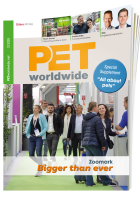



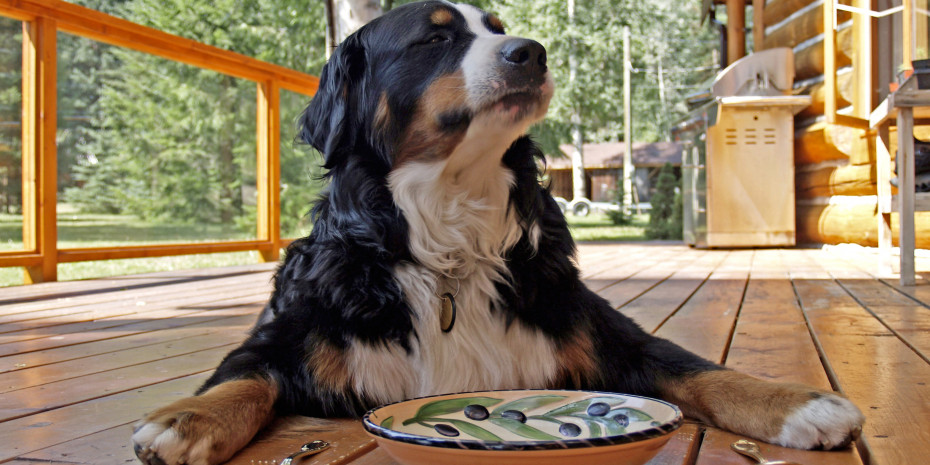


 4/2018
4/2018

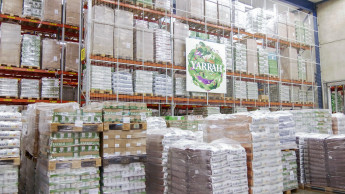
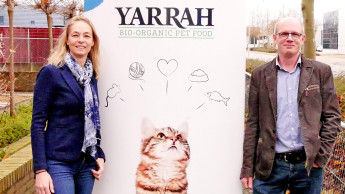

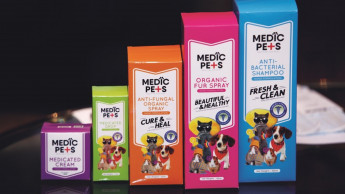
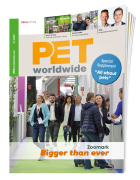
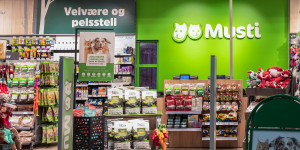

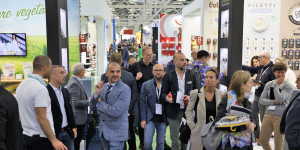

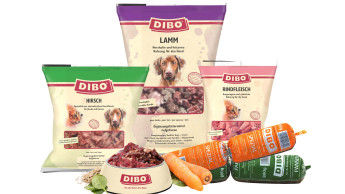


 Newsletter
Newsletter